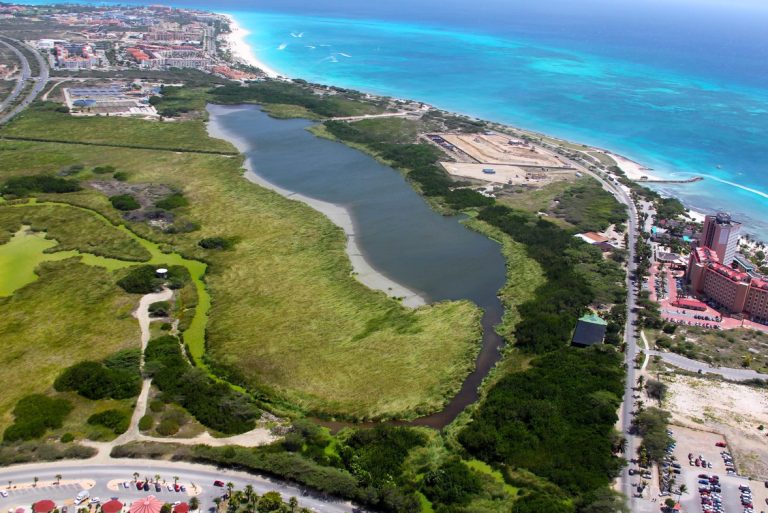𝐁𝐑𝐈𝐂𝐒 𝐚𝐧𝐝 𝐢𝐭𝐬 𝐈𝐦𝐩𝐥𝐢𝐜𝐚𝐭𝐢𝐨𝐧𝐬 𝐨𝐧 𝐀𝐫𝐮𝐛𝐚’𝐬 𝐄𝐜𝐨𝐧𝐨𝐦𝐲 𝐚𝐧𝐝 𝐂𝐮𝐫𝐫𝐞𝐧𝐜𝐲 𝐃𝐲𝐧𝐚𝐦𝐢𝐜𝐬
![]() My latest article addresses the implications of BRICS for Aruba’s economy and currency dynamics!
My latest article addresses the implications of BRICS for Aruba’s economy and currency dynamics! ![]()
Join me as we delve into the potential impact of BRICS (Brazil, Russia, India, China, and South Africa) on Aruba, exploring opportunities for trade, diversification of currency reserves, and the strategic considerations authorities must address. Let’s navigate the evolving economic landscape together! ![]()
![]() #BRICS#arubaeconomy#currencydynamics#globaltradeplaza#economicopportunities
#BRICS#arubaeconomy#currencydynamics#globaltradeplaza#economicopportunities
𝐁𝐑𝐈𝐂𝐒 𝐚𝐧𝐝 𝐢𝐭𝐬 𝐈𝐦𝐩𝐥𝐢𝐜𝐚𝐭𝐢𝐨𝐧𝐬 𝐨𝐧 𝐀𝐫𝐮𝐛𝐚’𝐬 𝐄𝐜𝐨𝐧𝐨𝐦𝐲 𝐚𝐧𝐝 𝐂𝐮𝐫𝐫𝐞𝐧𝐜𝐲 𝐃𝐲𝐧𝐚𝐦𝐢𝐜𝐬
BRICS stands for Brazil, Russia, India, China, and South Africa. It is a grouping of five emerging economies that have joined forces to collaborate and strengthen their ties. BRICS’s primary goals are to improve economic cooperation, political dialogue, and cultural and academic exchanges between its members.
The impact of the BRICS nations on Aruba, whose economy heavily relies upon the US dollar, could be significant. This is especially true in terms of currency dynamics. Aruba’s dependence on the US Dollar as its main currency for tourism and trade could change with stronger ties to BRICS countries. Diversification of Aruba’s currency reserves is one possible outcome. A large portion of Aruba’s currency reserves are held in US Dollars. As the BRICS economies grow, Aruba might consider diversifying its reserves by adding currencies such as the Brazilian real or the Russian ruble. Diversification helps mitigate the risks of relying on one currency too much.
Could Aruba benefit from new opportunities in trade and investment if it develops closer economic ties with BRICS nations? Could using BRICS currencies in addition to or instead of the US Dollar help reduce dependence and increase financial flexibility? This would mean establishing currency exchange systems and ensuring these currencies are stable and convertible. The US dollar is still widely accepted around the world and remains stable. This provides advantages to international trade and investments. A significant move away from the US Dollar would require careful consideration. Aruba will need to evaluate the risks and benefits associated with diversifying its currency dependences while also evaluating the stability of the BRICS currencies.
BRICS could allow Aruba to diversify its foreign currency reserves and explore other trade opportunities. To mitigate risk and ensure a smooth transition, it is important to make strategic decisions, assess currency stability and take careful considerations. Is Aruba prepared to do this? Is this topic (even) on the radar screen of the minister of Finance? Aruba must weigh the benefits and challenges of diversifying or moving away from the US Dollar while maintaining good relationships with major trading partners such as the United States.
It is important to ask what steps the authorities are taking to manage this changing landscape. Aruba’s economy and finance policymakers must closely monitor BRICS developments and evaluate their impact on the country’s economy. It is important to thoroughly analyze the risks and rewards of diversifying foreign currency reserves, exploring potential new trade opportunities, and maintaining solid relationships. Engaging in diplomatic dialogues and encouraging bilateral trade agreements can help Aruba manage the impact that BRICS could have on its economy. Aruba can leverage the benefits of a closer relationship with the BRICS countries by staying informed and proactive. Are we?














